![文学理论导论(第2版) [Literary Theory:An Introduction]](https://pic.tinynews.org/10034171/5e84b6b5-0286-4c8d-b6c1-236e21199d47.jpg)

具体描述
内容简介
《文学理论导论》(第2版)是西方马克思主义文学批评最重要的代表人物之一特里·伊格尔顿的代表作,系统介绍了自20世纪初以来西方文学批评理论发展演变的脉络,在全世界有着广泛影响,并成为当代欧美许多大学文学专业的教科书,即使与伊格尔顿持不同观点的教授也不得不承认:“我没有更合适的教科书可用了。”目录
Preface to the Second EditionPreface
Introduction: What is Literature?
1 The Rise of English
2 Phenomenology, Hermeneutics, Reception Theory
3 Structuralism and Semiotics
4 Post-Structuralism
5 Psychoanalysis
Conclusion: Political Criticism
Afterword
Notes
Bibliography
Index
精彩书摘
The Rise of EnglishIn eighteenth-century England, the concept of literature was not confined asit sometimes is today to creative or imaginative writing. It meant thewhole body Of valued writing in society: philosophy, history, essays andletters as wellas poems. What made a text literary was not whether it wasfictional - the eighteenth century was in grave doubt about whether the newupstart form of the novel was literature at all - but whether it conformed tocertain standards of polite letters. The criteria of what counted as litera-ture, in other words, were frankly ideological: writing which embodied thevalues and tastes of a particular social class qualified as literature, whereasa street ballad, a popular romance and perhaps even the drama did not. Atthis historical point, then, the value-ladenness of the concept of literaturewas reasonably self-evident.
In the eighteenth century, however, literature did more than embodycertain social values: it was a vital instrument for their deeper entrenchmentand wider dissemination. Eighteenth-century England had emerged, battered but intact, from a bloody civil war in the previous century which hadset the social classes at each others throats; and in the drive to reconsolidatea shaken social order, the neo-classical notions of Reason, Nature, order andpropriety, epitomized in art, were key concepts. With the need to incorpor-ate the increasingly powerful but spiritually rather raw middle classes intounity with the ruling aristocracy, to diffuse polite social manners, habits ofcorrect taste and common cultural standards, literature gained a newimportance. It included a whole set of ideological institutions: periodicals,coffee houses, social and aesthetic treatises, sermons, classical translations,guidebooks to manners and morals. Literature was not a matter of feltexperience, personal response or imaginative uniqueness:such terms,indissociable for us today from the whole idea of the literary, would nothave counted for much with Henry Fielding.
前言/序言
This book is an attempt to make modern literary theory intelligible andattractive to as wide a readership as possible. Since it first appeared in 1983,I am gratified to report that it has been studied by lawyers as well as literarycritics, anthropologists as well as cultural theorists. In one sense, perhaps,this isnt all that surprising. As the book itself tries to demonstrate, there isin fact no literary theory, in the sense of a body of theory which springsfrom, or is applicable to, literature alone. None of the approaches outlined inthis book, from phenomenology and semiotics to structuralism and psychoanalysis, is simply concerned with literary writing. On the contrary, they allemerged from other areas of the humanities, and have implications wellbeyond literature itself. This, I imagine, has been one reason for the bookspopularity, and one reason which makes a new edition of it worthwhile. ButI have also been struck by the number of non-academic readers it hasattracted. Unlike most such works, it has managed to reach a readershipbeyond academia, and this is especially interesting in the light of literarytheorys so-called elitism. If it is a difficult, even esoteric language, then itseems to be one which interests people who have never seen the inside of auniversity; and if this is so, then some of those inside universities whodismiss it for its esotericism ought to think again. It is encouraging, anyway,that in a postmodern age in which meaning, like everything else, is expectedto be instantly consumable, there are those who have found the labour ofacquiring new ways of speaking of literature to be worthwhile.用户评价
《文学理论导论(第2版)》这本书,与其说是一本理论著作,不如说是一次精神上的“探险”。作者并没有试图将枯燥的学术术语堆砌起来,而是用一种非常亲切、甚至有些“调侃”的语气,带领读者穿越文学理论的迷宫。我最喜欢的一点是,作者在介绍各种理论时,并没有回避它们的争议性和复杂性,反而鼓励读者进行批判性思考。比如,在讨论解构主义的时候,他并没有简单地将其神化,而是指出了它可能带来的相对主义倾向,这一点让我觉得非常真实和负责任。书中对读者反应批评的介绍也让我耳目一新,它将阅读的主动权交给了读者,让我意识到我不仅仅是被动地接收文本的信息,更是在积极地参与意义的建构。这本书的语言风格非常灵活多变,时而严谨,时而幽默,让我始终保持着阅读的兴趣。我感觉自己就像是在和一位非常博学的朋友聊天,他不仅知识渊博,而且善于引导我独立思考。
评分坦白说,一开始拿到《文学理论导论(第2版)》的时候,我并没有抱太大的期望,毕竟“理论”这个词听起来就有些枯燥乏味。然而,这本书彻底颠覆了我之前的看法!它的语言是如此生动有趣,让那些原本可能令人望而生畏的理论变得鲜活起来。作者就像一位讲故事的老者,用引人入胜的方式讲述着文学理论的演变史,将那些复杂的思想家的观点娓娓道来。我印象最深刻的是关于精神分析文学批评的那部分,它让我看到了文本背后潜藏的更深层次的心理动机,以及作者和读者在创作和阅读过程中可能存在的无意识互动。读完这部分,我重新审视了之前读过的一些心理描写特别细腻的小说,发现了很多之前忽略的细节,简直像打开了新世界的大门。这本书的结构安排也非常合理,每一章都像一个独立的单元,但又与整体逻辑紧密相连,读起来一点都不费力。我尤其欣赏作者在介绍每个理论时,都配上了大量的文本分析作为支撑,这使得理论不再是空洞的口号,而是有了坚实的实践基础。我感觉自己不仅仅是在学习理论,更是在学习如何更深入地理解文学。
评分这本《文学理论导论(第2版)》简直是我近些年来读过的最令人启发的一本书了!虽然之前也接触过一些理论,但总是觉得零散不成体系,像在知识的海洋里打转,找不到北。这本书的出现,就像是为我点亮了一盏指路明灯。作者的叙述风格非常清晰,循序渐进,从最基础的概念讲起,然后逐渐深入到各种复杂的流派和思想。我尤其喜欢它对不同理论之间的联系和区别的梳理,这一点做得很到位,让我不再把它们当成一个个孤立的符号,而是看到了它们共同构建起文学理解的宏大图景。书中大量的例子也很有说服力,将抽象的理论与具体的文学作品结合起来,使得理解不再是纸上谈兵。我反复翻阅了关于结构主义和后结构主义的章节,它们之间的辩证关系被解释得淋漓尽致,让我对文本的意义如何生成以及它是否具有唯一性有了全新的认识。阅读这本书的过程中,我感觉自己的大脑在不断被激活,思维的边界在不断拓展。我迫不及待地想将书中的理论运用到我正在阅读的那些经典作品中去,去重新审视那些我曾经以为自己已经完全理解的文本。这本书不仅是一本“导论”,更像是一位循循善诱的老师,带领我一步步走进文学理论的殿堂。
评分这本书,也就是《文学理论导论(第2版)》,简直是为我这种“理论小白”量身定做的。我之前一直觉得文学理论很高深,遥不可及,但这本书彻底打消了我的顾虑。作者的叙述逻辑非常清晰,就像一条条清晰的脉络,将那些曾经让我头疼的理论一一串联起来。我尤其喜欢他对符号学和语用学结合的介绍,让我明白了文本是如何通过符号的互动以及语境的作用来传递意义的。读完这部分,我再看那些日常的广告和宣传语,都觉得有了全新的解读视角。书中对读者在文本分析中的地位的讨论也让我印象深刻,它强调了读者在理解文本中的关键作用,而不是仅仅将读者视为被动的接受者。这本书的行文风格非常流畅,即使是在讨论最复杂的理论时,也能保持一种易于理解的节奏。我感觉自己就像是在攀登一座知识的高峰,每一步都稳稳当当,视野也越来越开阔。这本书真的让我对文学的理解进入了一个全新的层次。
评分说实话,在阅读《文学理论导论(第2版)》之前,我一直觉得自己对文学的理解停留在比较表面的层面。这本书的出现,就像是我大脑里的一场“大扫除”,把那些陈旧的、模糊的观念都清理干净,然后重新构建起一个更清晰、更系统化的文学理论框架。作者的分析角度非常独到,他不仅仅是在介绍各种理论,更是在探讨这些理论是如何形成、发展,以及它们各自的局限性。我特别赞赏他对于女性主义文学批评的阐释,它让我深刻理解到文学作品中的性别视角是如何被建构的,以及我们如何在阅读中识别和挑战那些固有的性别偏见。书中对后殖民主义文学批评的论述也让我受益匪浅,它揭示了西方中心主义在文学研究中的潜在影响,以及非西方文学如何挑战和重塑自身的叙事。这本书的深度和广度都令人惊叹,它涵盖了从经典到现代的各种文学理论流派,并且都做了深入浅出的讲解。我感觉自己阅读的不再是简单的文字,而是在与人类的思想史进行一场深刻的对话。
评分好,不错,后面认真看
评分1 The Rise of English
评分很好的书籍很好的学习必备佳品,,,,希望宣传能给力的,能越做也好,下次还会在来的额,京东给了我不一样的生活,这本书籍给了我不一样的享受,体会到了购物的乐趣,让我深受体会啊。
评分英文原版,应该对现在读研的学生并不太困难~
评分书没有问题,读这本书的必要性不用说了,对文艺学来说,这个是必须的。
评分印象中,特雷•伊格尔顿的《二十世纪西方文学理论》国内还有另外两个不同的译本,它们分别被翻译为:《文学原理引论》(文化艺术出版社1987年版,刘峰等译)和《当代西方文学理论》(中国社会科学出版社1988年版,王逢振译)。这次北京大学采用的是伍晓明先生译本,最早由陕西师范大学出版社1986出版。
评分这本书是新学期课程的教材,很实用,而且和实体书店相比价格实惠,且为正版,用着放心,看着舒心
评分4 Post-Structuralism
评分如果是影印版就更值了
相关图书
本站所有内容均为互联网搜索引擎提供的公开搜索信息,本站不存储任何数据与内容,任何内容与数据均与本站无关,如有需要请联系相关搜索引擎包括但不限于百度,google,bing,sogou 等
© 2026 book.tinynews.org All Rights Reserved. 静思书屋 版权所有


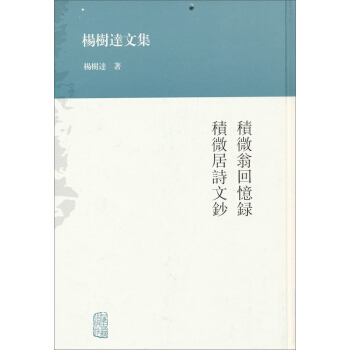

![世界文学名著宝库·青少版:朝花夕拾(新版) [9-11岁] pdf epub mobi 电子书 下载](https://pic.tinynews.org/11451961/rBEbRVNrVxwIAAAAAAmDVFbW0-QAAAWngAuaEAACYNs613.jpg)

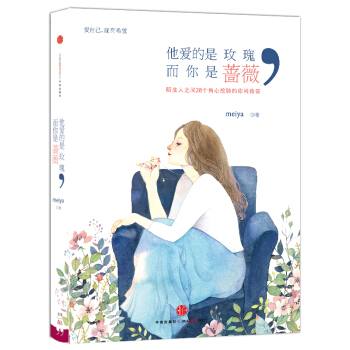
![儿童文学金牌作家书系·“艰难的归程”系列小说:荒野之王(修订版) [7-14岁] pdf epub mobi 电子书 下载](https://pic.tinynews.org/11537158/54100aa3Nd1fdabd7.jpg)

![汤小团系列·汤小团6:梦里乾坤(东周列国卷) [7-10岁] pdf epub mobi 电子书 下载](https://pic.tinynews.org/11653201/54e18f5dNcf075474.jpg)
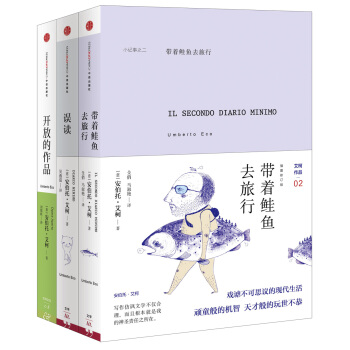
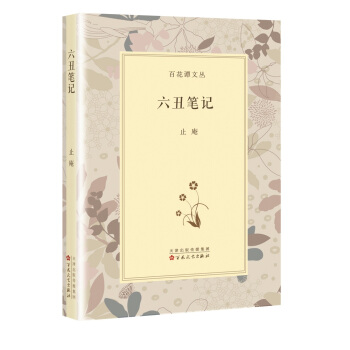
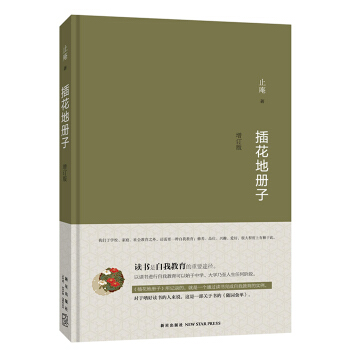
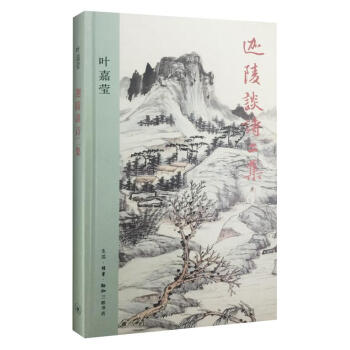
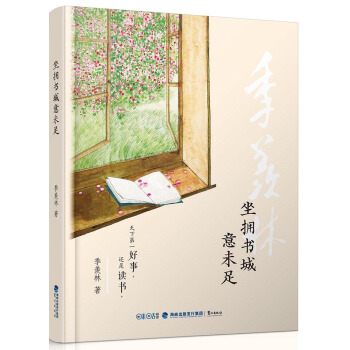
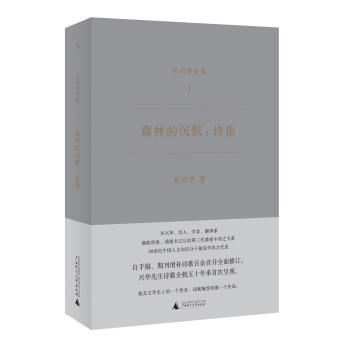
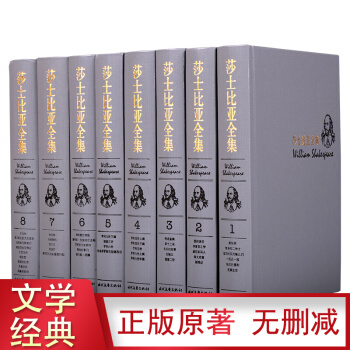
![爱德少儿:听爸爸妈妈讲·成语故事 [3-10岁] pdf epub mobi 电子书 下载](https://pic.tinynews.org/11671116/5655124aN1639f245.jpg)
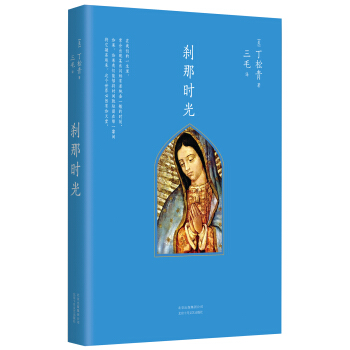
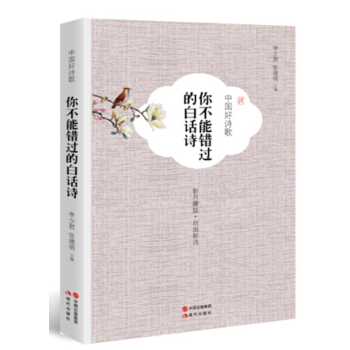
![攻玉集 镜子和七巧板 [The Mirror and the Jigsaw] pdf epub mobi 电子书 下载](https://pic.tinynews.org/11883814/56f4a51aN99642469.jpg)